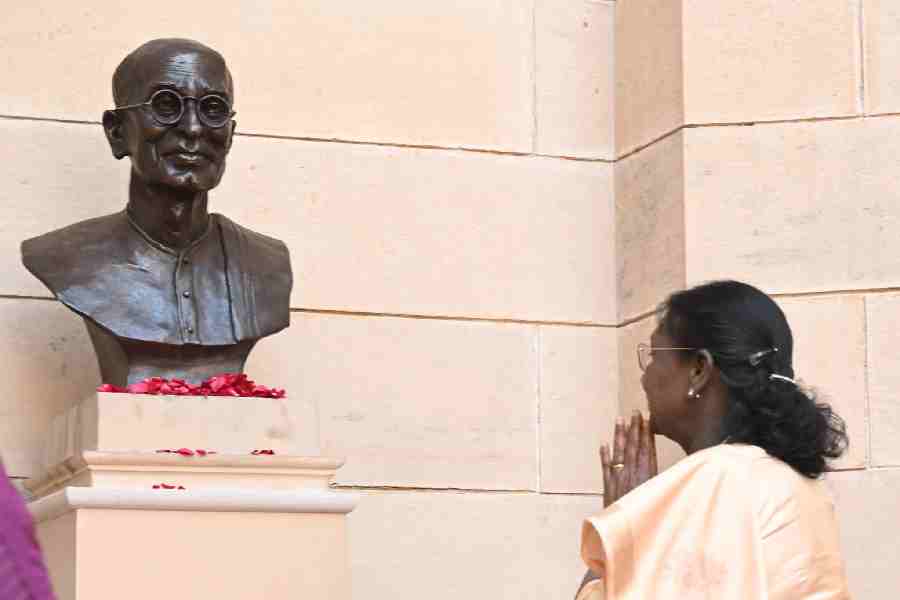This week, we return to phrases and find out how some of them, which are used almost everyday by all of us, originated.
Scot free: To get off scot free means to escape without punishment. The phrase has its roots in the term ?skot free?, which meant ?free of taxes?. One who avoided paying their tax was described as ?skot free?. ?Scot and lot? was the full English term for this levy which applied from the 12th to the 18th centuries. Scot was derived from the Norse word ?skot?, meaning tax due from a tenant to his landlord; ?lot? meant the amount allotted. In the US, the expression was further consolidated by the story of Dred Scott, a slave who achieved freedom, presumably towards the end of the slavery years in the 19th century, by crossing the border from a ?slave state? into a ?free state?.
To eat crow: Acknowledge a mistake and suffer humiliation. The expression?s origins are American, from imagery and folklore from the late 19th century. Crow would have been regarded as a rather distasteful dish. According to etymologist James Rogers, eating crow became the subject of a story reported in the Atlanta Constitution in 1888, which told the tale of an American soldier in the War of 1812, who shot a crow during a ceasefire. A British officer complimented the soldier on his shooting and asked to see the gun. Once he got the gun, he turned on the soldier, reprimanding him for trespassing and forcing the soldier to eat a piece of the dead crow. However, on having the gun returned to him, the soldier promptly turned the weapon on the officer, and made him eat the rest of the crow.
Lock, stock and barrel: Including everything. The phrase is derived from three parts of the gun. ?Lock? is an archaic term for what is now called the ?receiver?. It was originally called the ?lock? because the mechanism locked the hammer back in the cocked position. The trigger releases the lock to fire the weapon. Stock is the portion of the firearm that holds all the other parts together and provides a grip for the shooter. This was traditionally made of wood. Barrel is the metal tube that the bullet is fired through. Therefore, to purchase a gun ?lock, stock and barrel? would mean getting the whole gun.
Loose cannon: A person who is out of control and can cause damage. It is derived from sailing ships which had cannons and they had to be secured. Cannons are heavy and a loose cannon on a ship?s deck in a rough sea could be thrown about in an unpredictable fashion, causing a lot of damage. Cannons needed to be secured during use or else the recoil would send the cannon on its way causing injury or damage.
Feather in your cap: To gain approval. It was once a common practice to award a feather to a soldier who had killed an enemy. These feathers were worn on the helmet, or other headgear, and were considered symbols of social status much as modern soldiers receive and display medals. Similarly, when American Indians performed bravely in battle, they would receive a feather to add to their head-dress. The more feathers on an Indian?s head-dress, the better the warrior.










